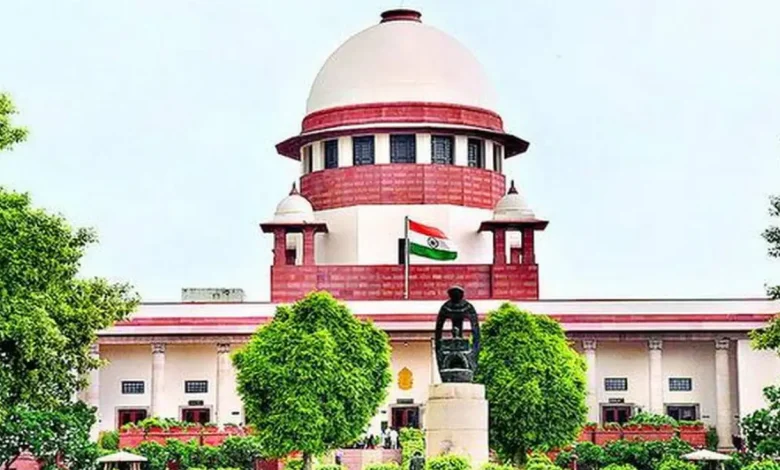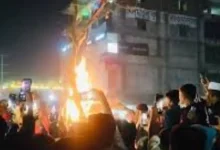
New Delhi : The Supreme Court on Thursday declined to interfere with a Telangana High Court order that stayed two government orders (GOs) enhancing reservation for Other Backward Classes (OBCs) in seats in municipalities and panchayats to 42%, leading to the gross reservation in local bodies to 67%. The bench was hearing the Telangana government’s plea challenging the high court’s October 9 order.
Appearing for the state, senior advocate Abhishek Manu Singhvi argued that the enhanced quota was a policy decision aimed at empowering marginalised classes and that there was a misconception that reservations cannot exceed 50%. He cited the Indra Sawhney (Mandal Commission) judgment to contend that exceeding the ceiling was permissible in exceptional situations. It is a policy decision by the elected government to benefit marginalised classes.
The bench, however, pressed the state on the timing and legality of its actions. Why could you not issue your GOs prior to notifying the elections but did it on the same day? the judges asked.
Singhvi responded that the state had relied on the Vikas Kishanrao Gawali (2021) judgment and had collected empirical data through a detailed socio-economic and caste survey.
The high court gave an interim stay without reasoning. That’s not justified, he submitted, adding that the legislation allowing reservation up to 67% was itself not under challenge. When the bench pointed out that the Bill cited by the state had yet to receive assent, Singhvi referred to the Supreme Court’s April ruling in the Tamil Nadu Governor case, arguing that the concept of “deemed assent” now applied if the Governor failed to act within a stipulated time. Opposing the plea, senior advocate Gopal Sankaranarayanan, appearing for social activist Buttemgari Madhava Reddy, who had challenged the state orders before the high court, said the stay was based on settled constitutional principles.
The bench appeared in agreement, telling Singhvi: “You cannot expect us to take a view different from the Constitution Bench about the 50% ceiling,” before dismissing the plea. The Telangana government had earlier this month approached the Supreme Court against the high court’s interim stay, arguing that the 50% cap was merely a “general guiding principle” and not an absolute limit.
A One-Man Commission chaired by retired IAS officer Busani Venkateshwara Rao recommended 42% reservation for backward classes in rural and urban local bodies. Acting on the recommendation, the Telangana legislature unanimously passed the Backward Classes (Reservation of Seats in Rural and Urban Local Bodies) Bill, 2025, in March.
Read Also : Bihar Polls : JDU Declares 44 Candidates, Fields Bijendra Prasad Yadav From Supaul




